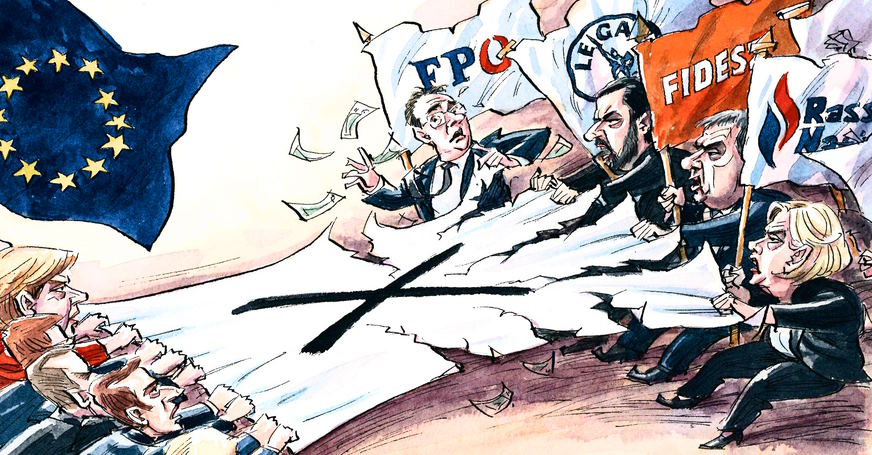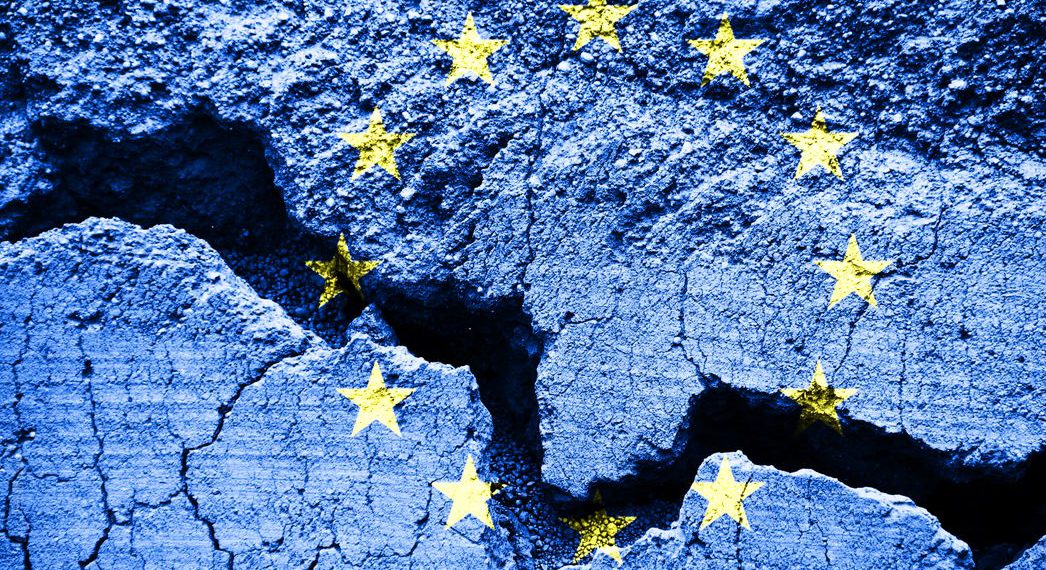Rise of Populism in Europe: Causes and Effects
The rise of populism in Europe has been a prominent phenomenon in recent years, shaping the political landscape and posing challenges to democratic governance. Populist movements and leaders have gained traction across the continent, challenging traditional political parties and institutions. Understanding the causes and effects of populism in Europe is crucial to comprehending this political shift and its implications. We will explore the historical, economic, cultural, and political factors that have contributed to the rise of populism in Europe, and examine the effects of this phenomenon on policy agendas, governance styles, democratic institutions, international relations, and society. By delving into the underlying factors driving populism, we can gain insights into this complex phenomenon and its impact on European societies and politics.
Economic Factors: Driving Forces of Populism in Europe
Economic inequality and disparity have been significant drivers of populism in Europe. As the gap between the rich and the poor widens, many individuals feel left behind and marginalized, leading to a sense of economic insecurity and resentment towards the established political elites. This growing discontent has been capitalized upon by populist movements and leaders, who often portray themselves as champions of the working class, promising to address economic disparities and restore fairness in society.
Globalization has also had a profound impact on European economies and has contributed to the rise of populism. The rapid pace of globalization has led to increased competition, job displacement, and the outsourcing of labor, resulting in economic dislocation for certain communities. Those who feel left behind by globalization may view populist movements as a means to protect their economic interests and resist perceived threats from abroad.
Austerity measures, implemented in response to economic crises, have also had significant effects on marginalized groups and have fueled populist sentiments. Austerity policies often involve cuts to social welfare programs, public services, and public sector jobs, which disproportionately affect vulnerable populations. This can create a sense of injustice and social inequality, which populist movements may exploit to gain support by promising to reverse these measures and restore economic security for all.

Political Factors: Fueling the Rise of Populism in Europe
Populism in Europe has also been fueled by a combination of political factors that have contributed to the erosion of trust in mainstream political parties and institutions, leading to the rise of populist movements and leaders.
Discontent with mainstream political parties and their failure to address pressing issues has been a significant driver of populism. Many people feel that traditional political parties have become disconnected from the concerns of ordinary citizens and have failed to effectively address issues such as inequality, immigration, and corruption. This frustration with the political establishment has led to a loss of confidence in mainstream parties and has provided an opportunity for populist movements to gain support by positioning themselves as anti-establishment and more responsive to the needs of the people.
Growing disillusionment with the European Union (EU) and its institutions has also contributed to the rise of populism in Europe. Some individuals view the EU as an elitist and undemocratic institution that is out of touch with the concerns of ordinary citizens. They may feel that the EU has eroded national sovereignty, failed to address economic disparities, or mishandled issues such as immigration. This disillusionment with the EU has been exploited by populist movements, which often advocate for nationalistic policies and emphasize the need to reclaim sovereignty from supranational institutions.
Political polarization and polarization politics have also played a role in the rise of populism in Europe. Divisive political discourse, polarization, and identity politics have led to increased social and political polarization, creating fertile ground for populist movements to thrive. Populist leaders often use polarization to mobilize their base, exploit social divisions, and position themselves as defenders of a particular group or identity.

Effects of Populism: Understanding the Consequences in Europe
The rise of populism in Europe has had significant effects on various aspects of societies and governance. From shifts in policy agendas to changes in international relations, understanding the consequences of populism is crucial for comprehending the broader impact of this political phenomenon.
One of the notable effects of populism is the shift in policy agendas and governance styles. Populist movements and leaders often challenge established political norms and institutions, advocating for policies that prioritize their perceived base of supporters. This can result in policy changes that prioritize nationalistic or protectionist measures, such as stricter immigration policies or trade restrictions. Populist governments may also adopt more confrontational and authoritarian governance styles, challenging democratic norms and institutions.
The impact of populism on democratic institutions and processes has also been a cause for concern. Populist movements and leaders may criticize democratic institutions as part of their anti-establishment narrative, eroding public trust in democratic systems. This can lead to a decline in the quality of democratic governance, including limitations on media freedom, erosion of checks and balances, and attacks on the independence of the judiciary. These developments can have long-term consequences for the health of democratic governance in Europe.
Changes in international relations and cooperation among European countries have also been affected by populism. Populist movements and leaders often prioritize national interests over international cooperation and may challenge established alliances and institutions, such as the European Union. This can strain relations between countries, disrupt diplomatic efforts, and potentially weaken international cooperation on critical issues such as trade, security, and climate change. The rise of populism has the potential to reshape the geopolitical landscape of Europe, with implications for regional and global stability.

